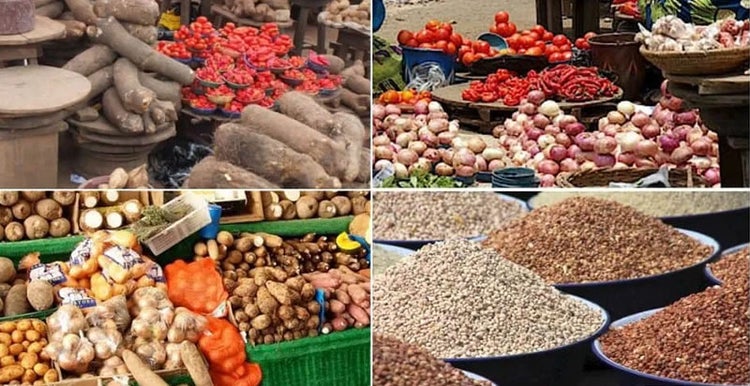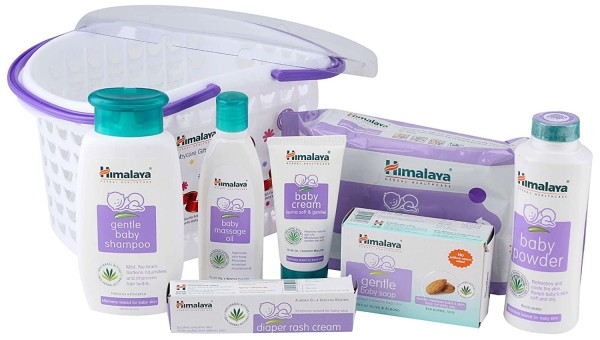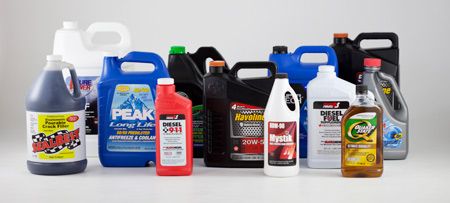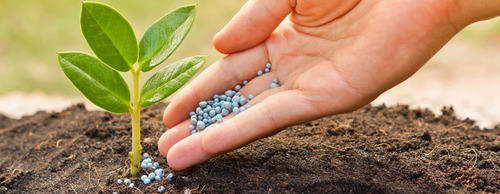Acting pursuant to the power conferred by Section 38 of the Value Added Tax Act (“VAT Act”), the Honourable Minister of Finance, Budget and National Planning (“Minister”) on February 3, 2020, issued the Value Added Tax (Modification Order), 2020 (“VAT Modification Order”).
By the VAT Modification Order (a gazetted copy of which became available in the public domain earlier this week), the Minister has modified the provisions of the First Schedule to the VAT Act by adding to, and expanding the list of goods and services specified therein and designated as being exempt from VAT. Goods and Services exempt from VAT totalling Eight Hundred and Seventy-Eight (878) items have now been clearly defined in the Order.
Highlights and a synopsis of the changes introduced by the VAT Modification Order are set out below:
1. MEDICAL AND PHARMACEUTICAL PRODUCTS

Medical Products is defined as articles, instruments, apparatus, machine or software used in the prevention, diagnosis or treatment of illness or disease, or for detecting, measuring, restoring, correcting or modifying the structure or function of the body for some health purpose.
Pharmaceutical Products means components and finished products of both modern and traditional medicine intended for human use in the diagnosis, cure, mitigation, treatment, or prevention of disease or injury; which are safe, effective, and of good quality, used rationally and are approved by the local regulatory authority. A total of 126 items are listed as medical and pharmaceutical products.
2. BASIC FOOD ITEMS

Basic Food Items is defined as agro and aqua based staple food. It includes additives, bread, cereals, cooking oils, culinary herbs, fish, flour & starch, fruits, live or raw meat & poultry, milk, nuts, pulses, roots, salt, vegetables, and water (except where sold in restaurants, hotels, eateries, lounges and other similar premises, as well as sold by contractors, caterers and other similar vendors). A total of 564 items are listed as basic food items.
3. BOOKS AND EDUCATIONAL MATERIALS

Books and Educational Materials is defined as physical and electronic books and materials used for instructional purposes and to facilitate learning in all educational institutions (Pre-primary, Primary, Secondary, Tertiary, Special, Adult, Vocational, Technical or Science, and Religious Education). A total of 41 items are listed as books and educational materials.
4. BABY PRODUCTS

Baby Products is defined as products made for the use of babies from birth to 36 months (3 years) of age. This includes baby safety car and home accessories, high chairs, baby bathtub, sponge, towel, lotion, garment and all clothing etc. A total of 11 items are listed as baby products.
5. PLANT, MACHINERY AND EQUIPMENT PURCHASED FOR UTILIZATION OF GAS IN DOWNSTREAM PETROLEUM
Downstream Gas Utilization is defined as the marketing and distribution of natural gas for commercial purposes and includes power plant, liquefied natural gas, gas to liquid plant, fertilizer plant, and gas transmission and distribution pipelines. A total of 14 items are listed as exempt products under this category.
6. PETROLEUM PRODUCTS

A total of 15 items are listed as Petroleum Products exempt from VAT and these include Aviation Spirit, Motor Spirit (super), Motor Spirit (ordinary), Kerosene (type jet fuel), kerosene, Natural Gas, other Liquefied Petroleum Gases & Gaseous hydrocarbons.
7. FERTILIZER, LOCALLY PRODUCED AGRICULTURAL AND VETERINARY MEDICINE, AND FARMING MACHINERY & EQUIPMENT

Fertilizer is defined as “all fertilizers” while Locally produced Agricultural and Veterinary Medicines is defined as drugs and vaccines produced in Nigeria for the treatment of animals, fishes and plants, including veterinary pharmaceuticals, dietary supplements, and pesticides & agrochemicals. Farming Machinery & Equipment are equipment used extensively for farming or for any other agricultural purposes such as tractors, ploughs, harvesters etc. A total of 49 items are listed as exempt products under this category.
8. ESSENTIAL RAW MATERIALS FOR THE PRODUCTION OF PHARMACEUTICAL PRODUCTS
A total of 24 Essential Raw Materials are listed as items exempt from VAT under this category, and they include variety of starch products (pharmaceutical & non-pharmaceutical grades), oil products (palm, soya bean, groundnut, palm-kernel, corn mustard, shea / karite & coconut oils).
9. RENEWABLE ENERGY EQUIPMENT (RECOMMENDATIONS)
A total of 8 Renewable Energy Equipment are recommended and included in the list of exempt items, and they include generators of different capacities which are either solar-powered, wind-powered or Solar DC generators and photosensitive semiconductor devices.
10. RAW MATERIALS FOR THE PRODUCTION OF BABY DIAPERS AND SANITARY TOWELS
The number of Raw Materials listed as items exempt from VAT under this category is 26, and they include: Beauty & make-up preparation and skin care, waxes, glues & adhesives, plates, sheets & films of plastic, and vulcanized rubber, wood pulp and toilet / facial tissue.
COMMENTARY
The VAT Modification Order is a timely and responsive subsidiary legislation. By expanding the list of goods and services now exempt from VAT to include basic products commonly used by a vast majority of Nigerians, and goods focused on health and medicare, agriculture and manufacturing of food products, as well as petroleum products, particularly, at a time that the economy is facing challenges attributable to the plummeting of hydrocarbon prices coupled with the disruption caused by the COVID-19 pandemic, we view the Order as a palliative/economic intervention by Government aimed at alleviating the pains of the present realities.
We laud the encouraging initiative of Government, and hope it sustains and continues to roll out people focused laws, initiatives and programs.
The Grey Matter Concept is an initiative of the law firm, Banwo & Ighodalo.
DISCLAIMER: This article is only intended to provide general information on the subject matter and does not by itself create a client/attorney relationship between readers and our Law Firm or serve as legal advice. We are available to provide specialist legal advice on the readers’ specific circumstances when they arise.










